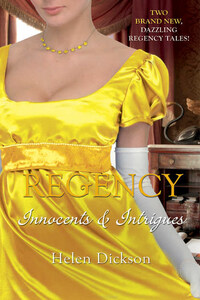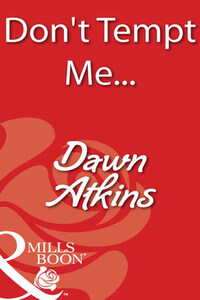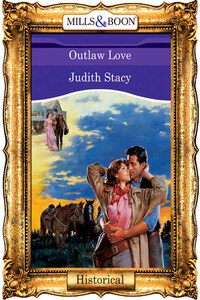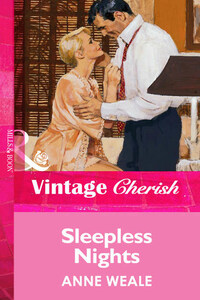The day was wet and blustery. Charles had slept little, and uneasily, for the problem of going out of his way to call at Chateau Feroc was an added irritant he could do without. He lifted his lean face so that trickles of water ran down his cheeks. The weather suited his mood.
He rode into a small village with one main street. It was no different from any other village in France, with its huddle of poor cottages, a church tower on the outskirts, a windmill and a tavern. A particular stench arose from the gutters to assail his nostrils and touch like icy fingers upon his deepest fears. It was the stench of poverty, the foul, unacceptable smell of humanity at its lowest.
The wind had risen and the fallen leaves went whipping along the ground and collected in roadside ditches. The road along which he slowly rode was narrow and crooked and paved with cobblestones, glistening with the rain. There were few people about, and the few he saw were ragged; when they turned to face him on hearing his horse’s hooves, he could see raw hunger in their eyes, and every time he saw it he wanted to curse.
These were troubled and dangerous times in France. The country was suffering financial difficulties, which stemmed from the heavy costs incurred by France during the war with America, which had left the Treasury bankrupt. But the ordinary masses were of the opinion, and rightly so, that France’s troubles were not helped by lavish court spending. To pay the heavy taxes imposed on them, people starved while the nobility were busy at the elaborate idleness in their grand chateaus or at the palace of Versailles, in the swim of the gay life of Louis XVI’s artificial paradise. Revolution was already apparent in the minds of the masses.
On the edge of the village Charles saw an old man and a child of no more than five or six, a boy, he thought, stooping and carefully picking up sticks and placing them in a sack. It was, he knew, their only means of warmth and to cook the meagre rations that came their way. Stumbling, the old man dropped the sack and his precious kindling tumbled out. The child bent to retrieve them, his fingers young and nimble compared to those of the elder. Charles stopped and dismounted and helped them in their task.
When the sticks had been retrieved, the old man smiled at Charles out of his lined face.
‘My thanks, monsieur,’ he said.
Charles looked at him, wondering how old he was. He knew he was probably many years younger than he looked, but when he asked him, his answer shocked him.
‘Thirty-two.’ His smile broadened when he saw shock register in the stranger’s eyes. ‘Hunger makes old men of us all, monsieur.’
The distant sound of carriage wheels rumbling on the cobbles reached their ears, an impatient drumming that came slowly nearer, growing louder and sounding clearer. All three looked ahead and stepped aside to avoid being run down by the coach and four bowling towards them. The uniformed coachman was lashing the horses, the black coach careering so fast that the wheels were almost lifted clear of the ground, the horses’ hooves making sparks against the cobblestones.
Charles caught a glimpse of its occupant, an elegantly attired young gentlewoman wearing black. The coach was travelling so fast that it was impossible to see her face properly, but his sharp eyes caught a glimpse of a pale face surrounded by black hair.
‘Look at her,’ the peasant growled. ‘Aristocrat! Ere long we’ll make an end to the likes of them and their arrogant breed—and good riddance is what I say. They’ll get what’s coming to them—had it coming for a long time, they have. They’ll be shown no mercy on the day of reckoning.’ So saying he spat on the ground and wiped his mouth on his sleeve.
‘You pay your dues to the Seigneur?’
‘I give him everything. I pay to grind my corn at his mill. I pay to transport it across bridges not once but a hundred times. I pay to press my own grapes for wine. When winter comes we go hungry and we have to feed the children on bran and roots, which swell their bellies up; one of my daughters died last winter—a painful death. My wife is too weak to work. We killed the oxen for food, and the bailiffs come to search my house for salt.’
‘They found some?’
He nodded. ‘They fined me all the money I had left. The taxes are eating us up. We have decided to leave the house and take to the road. We shall leave everything—the furniture, the land—everything. Let them take it. With nothing we can’t be taxed.’














